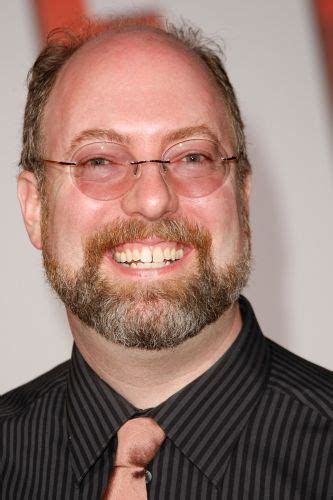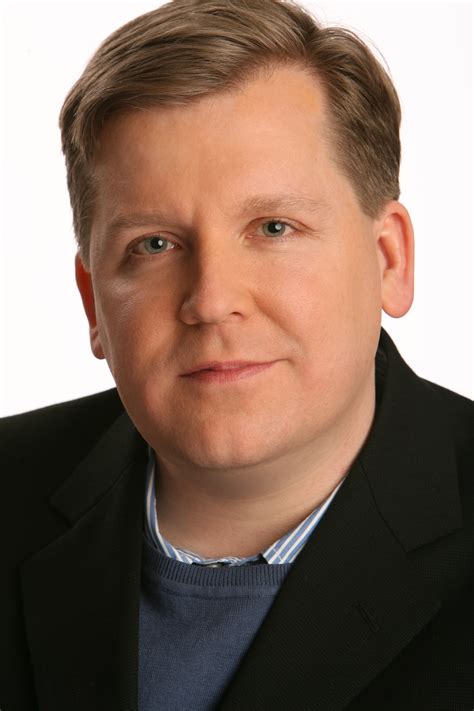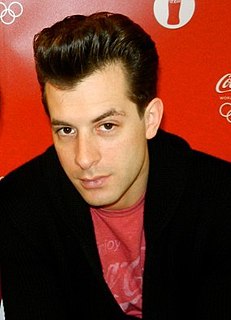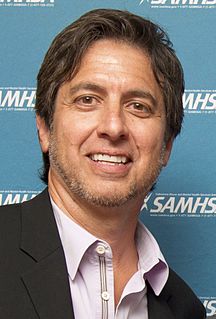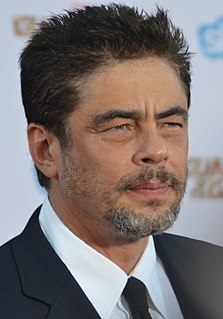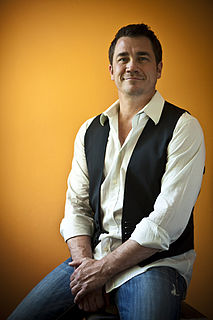A Quote by Mark Walton
The good thing about recording everyone separately is it gives the directors more control - they can change one character's lines in a scene without having to re-record everybody, and the story changes a lot before the movie comes out.
Related Quotes
I'm a playwright by trade, and in theater, writers have complete control over everything. Nobody can change a word without your permission. I've had a couple screenwriting experiences that weren't terrible, but they were typical, where executives came in and gave you sometimes good notes and sometimes horrible notes - but they wanted to change the movie that everybody had agreed to make. After a couple of times, it's like, "Why are we doing this?" The story is not going to turn out very good when 13 people are writing it together.
Of course, even if the directors like my ideas or the designs I do, they may end up changing the story so much, that those characters have to change, or get cut out altogether, and that's just the way it is. Sometimes the directors are designers themselves, or they want to work with a character designer who will do things in their own distinct way - sometimes the most important thing I do is figure out what they don't want to do, by experimenting. Either way, whether they use my ideas or not, I get paid, so it's all good.
I like working in television because it's an evolving story that you tell. That's also one of the things I don't like about it, too. Because sometimes it's hard, and just when I think I've nailed something, it changes or we have to change it or change the joke or the character is evolving in a way that I don't have control over.
Anytime we think the problem is 'out there,' that thought is the problem. We empower what's out there to control us. The change paradigm is 'outside-in' - what's out there has to change before we can change. The proactive approach is to change from the 'inside-out': to be different, and by being different, to effect positive change in what's out there - I can be more resourceful, I can be more diligent, I can be more creative, I can be more cooperative.
For a sitcom sex scene, you get in bed and that's the end of the scene. It quick and it was fast, but it was foreign territory for me. Not for Bobby. Bobby Cannavale has been down that road before. With my character, I think it will be a one-and-out. I don't think you'll see my character [in Vinyl] naked again, so relax everybody.
I've begun to believe more and more that movies are all about transitions, that the key to making good movies is to pay attention to the transition between scenes. And not just how you get from one scene to the next, but where you leave a scene and where you come into a new scene. Those are some of the most important decisions that you make. It can be the difference between a movie that works and a movie that doesn't.
